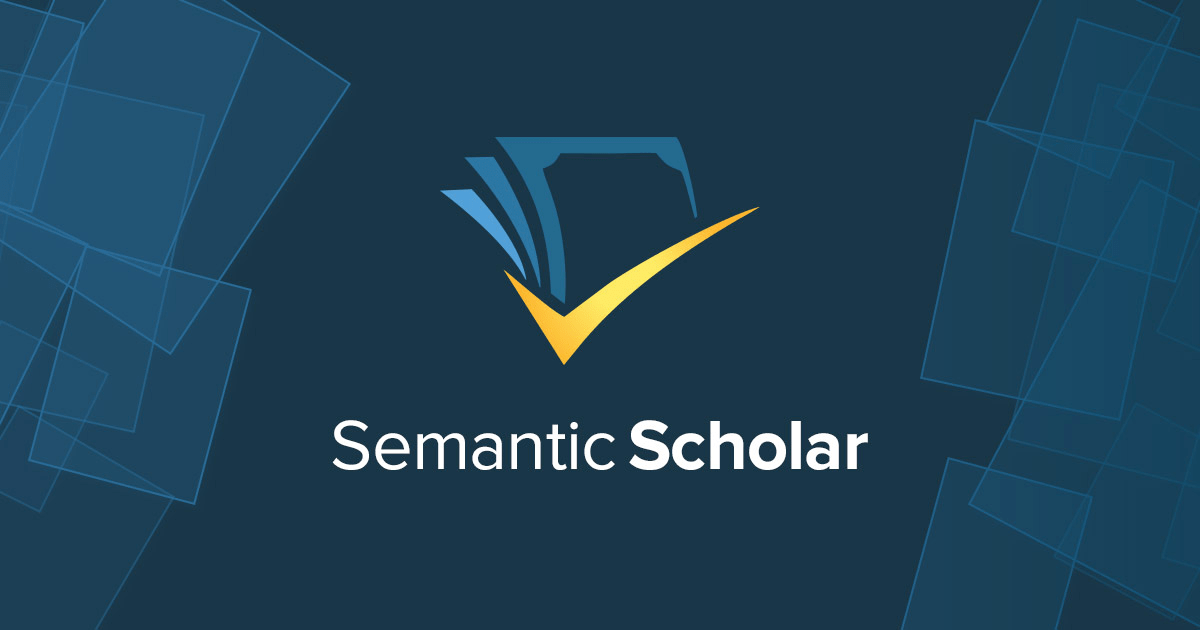In an era where information is both a blessing and a curse, the ability to navigate the vast ocean of scientific literature has never been more crucial. Enter Semantic Scholar, an AI-enabled research tool that has recently undergone a significant expansion, now encompassing a striking 175 million academic papers across nearly every scientific discipline. This blog post delves into the revolutionary journey of Semantic Scholar, highlighting its features, challenges, and potential future developments.
A New Chapter in Academic Research
The quest for knowledge in the scientific community has often been hampered by information overload. According to Doug Raymond, project head at the Allen Institute for AI, “We created it because of information overload in science.” However, traditional methods of finding relevant literature can feel like searching for a needle in a haystack. Semantic Scholar addresses this issue by leveraging cutting-edge natural language processing (NLP) techniques to uncover key insights from scholarly articles.
Transforming Discoverability Through AI
Initially launched in 2016, Semantic Scholar served a narrow focus on computer science and neuroscience papers. However, its recent expansion has integrated a wealth of biomedical literature and spans nearly all scientific disciplines. Utilizing its unique language model known as SciBERT, Semantic Scholar effectively interprets and indexes each paper, making crucial information easily searchable.
- Identification of trends: The system can pinpoint patterns such as authorship diversity.
- Data connections: Uncovering relationships between disparate research areas becomes straightforward.
- Revealing biases: For instance, a recent analysis highlights demographic imbalances in study participants, such as gender representation in kidney disease research.
This level of analysis greatly enhances the ability of researchers to discover relevant literature that may have been overlooked in traditional search methods.
Overcoming Challenges in Scale and Infrastructure
Scaling up from a specialized database to one that can handle an almost unbounded volume of papers presented its own set of challenges. Raymond noted that while many of their models manage to adapt well to new disciplines, improvements in infrastructure were crucial. The transition to a real-time data pipeline was essential to keeping pace with the influx of new research.
This monumental task involved not only technical refinement but also collaboration with major scientific publishing houses like Elsevier and Nature. The rise of open-access models presents both challenges and opportunities, particularly as more researchers and institutions demand accessible research findings. Semantic Scholar facilitates this by integrating open-access literature through partnerships such as with Unpaywall, keeping users informed about available free resources.
The Future of Semantic Scholar
Now that the initial phase of expansion is complete, the Semantic Scholar team is setting its sights on enhancing user experience. Future updates may include:
- Improved article summaries: Tailored summaries that highlight the most impactful findings.
- Domain-specific functions: Personalized tools for various scientific fields to track developments without overwhelming users.
- Customized feeds: Delivers the latest research to specific groups, ensuring relevancy and timeliness.
With Semantic Scholar as a valuable resource, researchers can sidestep the usual hurdles of information overflow, enabling a more efficient and focused exploration of the scientific landscape.
A Conclusion for the Curious Mind
The rise of platforms like Semantic Scholar exemplifies the significant strides being made in AI to support academia. By improving the discoverability of vital research, these advancements not only alleviate information overload but also promote a more equitable dissemination of knowledge across scientific disciplines. As we look ahead, the sustained evolution of Semantic Scholar promises to make a lasting impact on how we access and interpret scientific literature.
At fxis.ai, we believe that such advancements are crucial for the future of AI, as they enable more comprehensive and effective solutions. Our team is continually exploring new methodologies to push the envelope in artificial intelligence, ensuring that our clients benefit from the latest technological innovations. For more insights, updates, or to collaborate on AI development projects, stay connected with fxis.ai.

